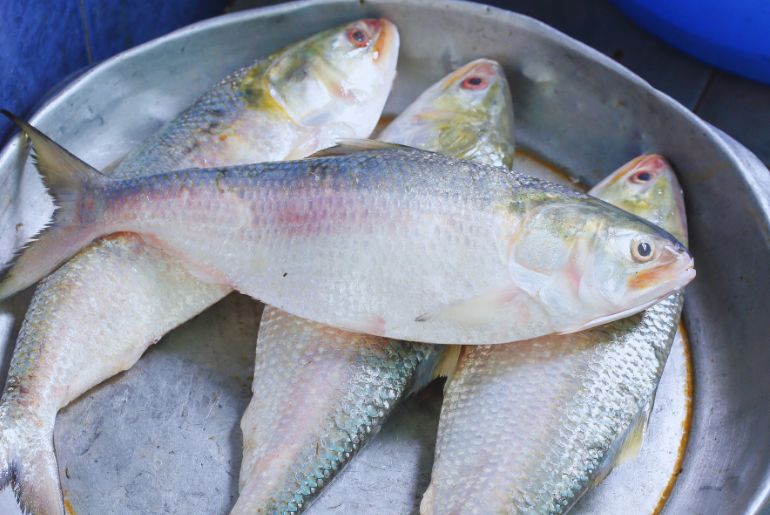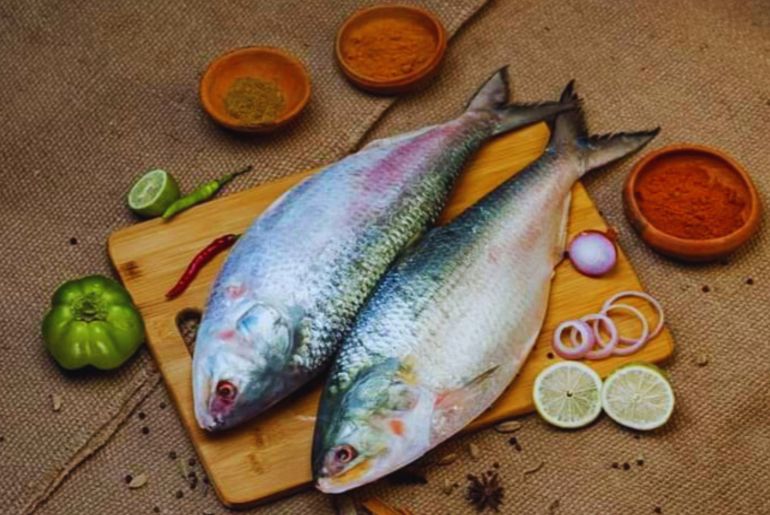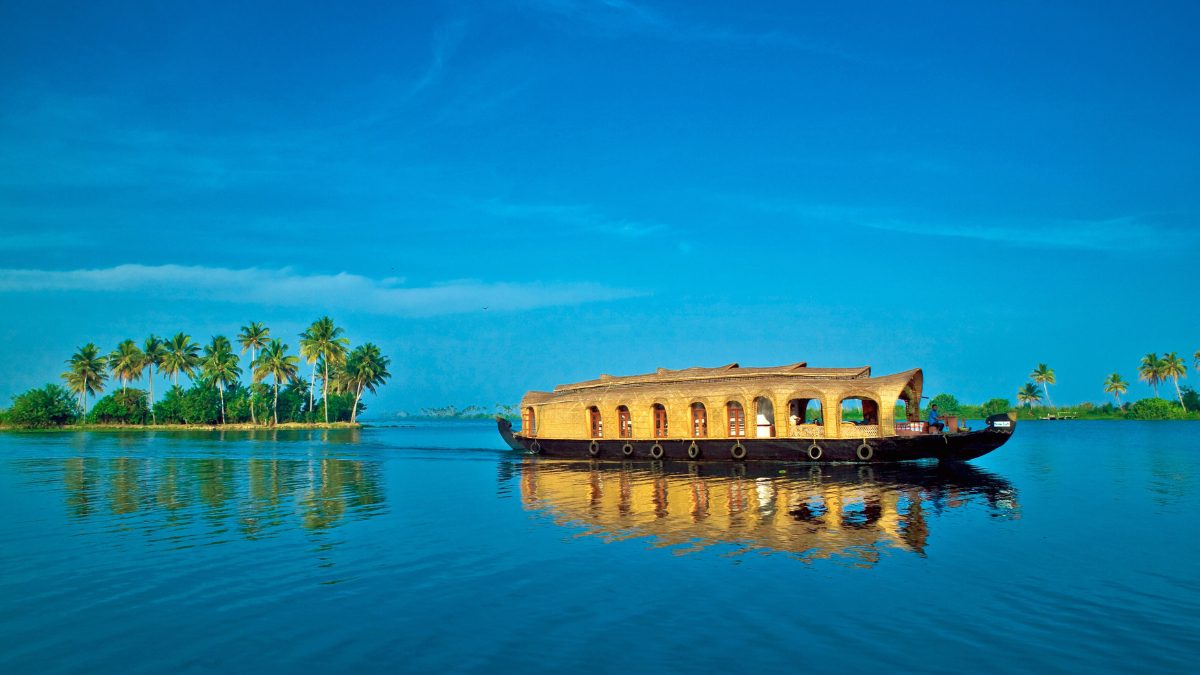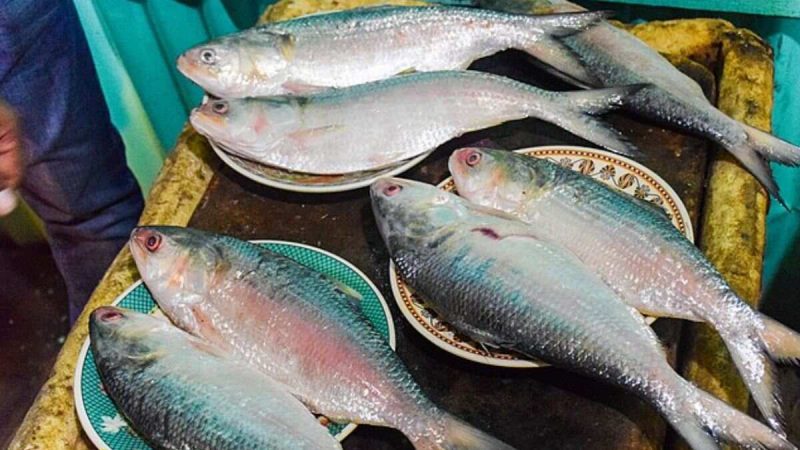Durga Puja celebrations are incomplete without indulging in gastronomic bhuri-bhoj (grand feast). Bengalis love relishing mouth-watering delicacies prepared with ilish maach on Ashtami and Navami. While we are gearing up to enjoy the 5-day-long festivities and gorge on the yummiest authentic dishes, we heard the news of Bangladesh imposing a ban on Padma Hilsa exports to India. What is happening leading to these uncertainties? Let’s find out.
Bangladesh Banned Padma Hilsa Exports To India

Only a month is left for Durga Puja, the grandest festival of Bengalis. As a Bengali, I can assure you that we not only start planning for pandal hopping months before pujo but also bookmark all the restaurants we wish to visit and dishes we want to cook at home during this time of the year. We might get tired of walking and pandal hopping at night but we leave no stone unturned to rush to the kitchen in the morning and start cooking scrumptious dishes for a wonderful feast.
In between all these preparations, we came across the news of the Bangladesh government banning the export of Padma Hilsa. Just a month before Durga Puja, people are noticing a shortage of this specific type of fish in the markets. And with a rise in demand, the prices are bound to skyrocket as well. Looks like, eating ilish maach is about to burn a huge hole in Bengali foodies’ pockets.
Now, there are probable chances for Bangladeshi Padma Hilsa to make its way and enter India during Durga Puja, according to a report by India Today. However, this might not be the best news for ilish maach lovers. Padma Hilsa is likely to get costlier. Get ready to grab your maach er bag and wait outside a maach bajaar to purchase hilsa at higher costs.
Also read: From Mughals To British, How Hilsa Fish Still Remains The Iconic Delicacy Of Rainy Season Feasts
Ilish Maach Is Likely To Cost Around…

Compared with the entire world’s hilsa production, Bangladesh is known worldwide for producing about 70 per cent of it. Though a ban has been imposed, Padma Hilsa is still reaching India. According to the India Today report, the fish is getting exported via Myanmar. The additional journey increased ilish’s costs too. From ₹1,800 to ₹2,000, the price for a fish of around 1 kg to 1.3 kg rose to around ₹2,200 to ₹2,400 at CR Park Market in Delhi.
Also read: How To Detect Formalin In Fish And Protect Yourself From This Silent And Deadly Poison
What are your views on this incident?
Cover Image Courtesy: Wikimedia Commons
For more such snackable content, interesting discoveries and the latest updates on food, travel and experiences in your city, download the Curly Tales App. Download HERE. First Published: September 10, 2024 12:03 PM




